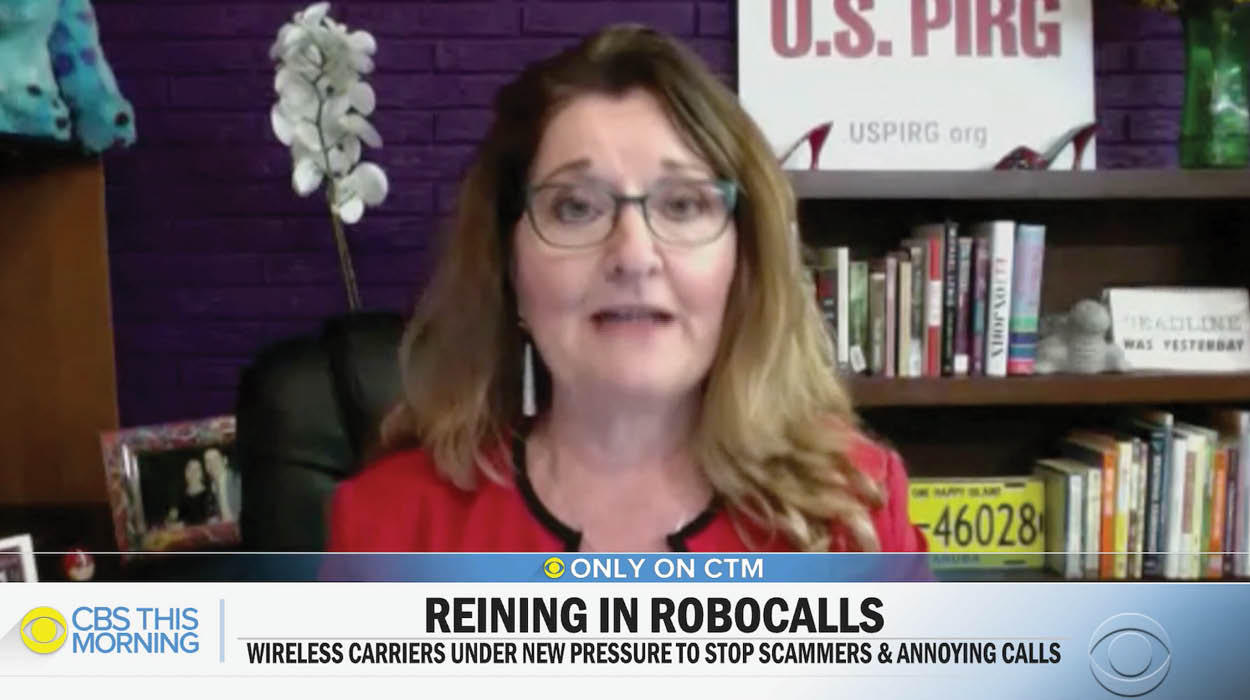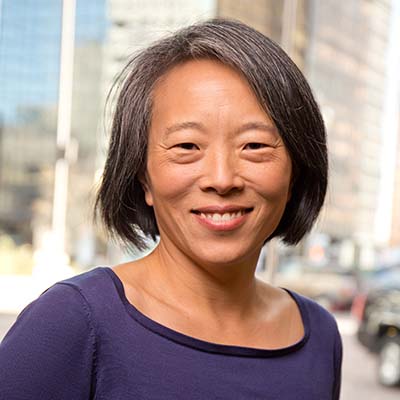
PIRG’s warmest wishes for a safe and happy new year

|
|
|
|
|
|
|
|
|
|
Topics
Authors
Faye Park
Executive Vice President; President, PIRG
As president of PIRG, Faye is a leading voice for consumer protection and public health in the United States. She has been quoted in major news outlets, including CBS News and the Washington Post, about issues ranging from getting toxic chemicals out of children’s products to protecting Americans from predatory lending practices. Faye also serves as the executive vice president for The Public Interest Network, which PIRG founded. Faye began her public interest career as a student volunteer with MASSPIRG Students at Williams College. After graduating in 1992, she began working with the Student PIRGs in California as a campus organizer and organizing director, working on campaigns to help students register to vote and to promote recycling. She lives in Denver with her family.
Douglas H. Phelps
Chairman, U.S. PIRG; President, The Public Interest Network
Doug is President and Executive Director of The Public Interest Network. As director of MASSPIRG starting in 1979, he conceived and helped organize the Fund for the Public Interest, U.S. PIRG, National Environmental Law Center, Green Century Capital Management, Green Corps and Environment America, among other groups. Doug ran the public interest careers program at the Harvard Law School from 1976-1986. He is a graduate of Colorado State University and the Harvard Law School.
Find Out More

A look back at what our unique network accomplished in 2023
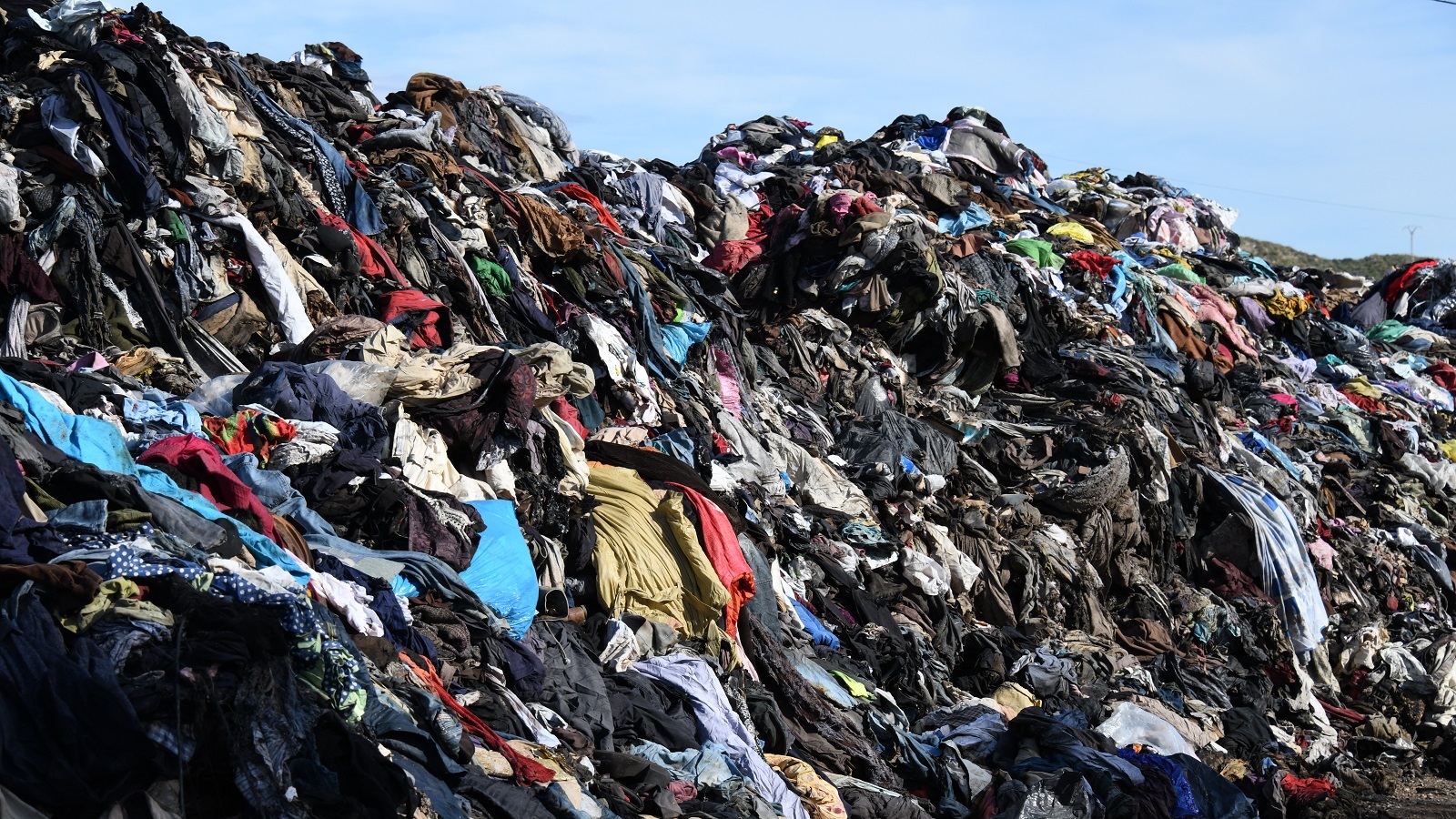
What’s the problem with fast fashion?
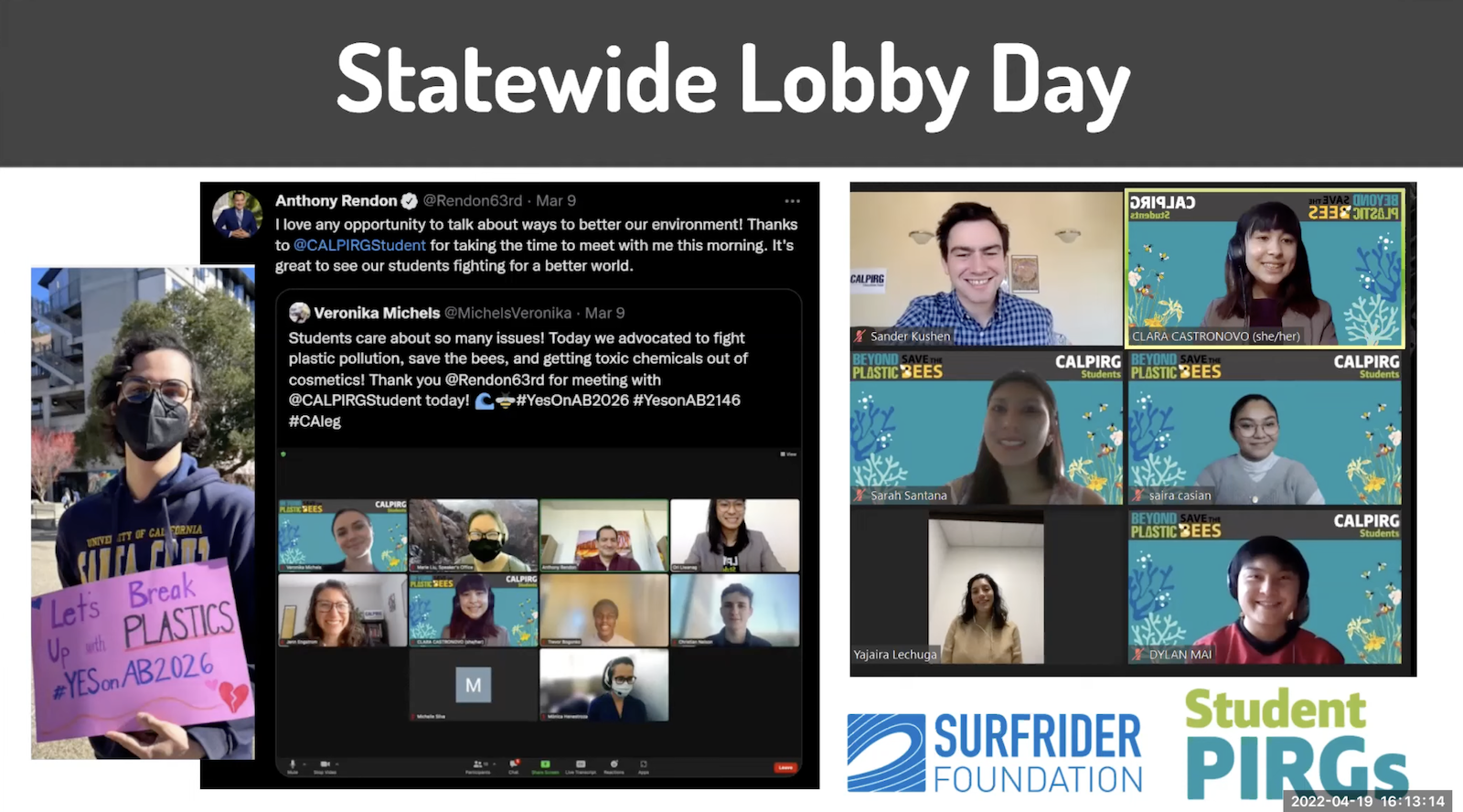
Trash Talk’: Students discuss solutions to plastic pollution

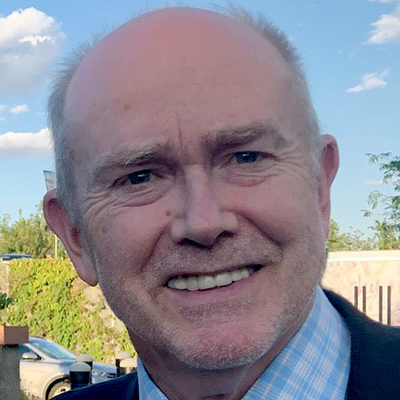
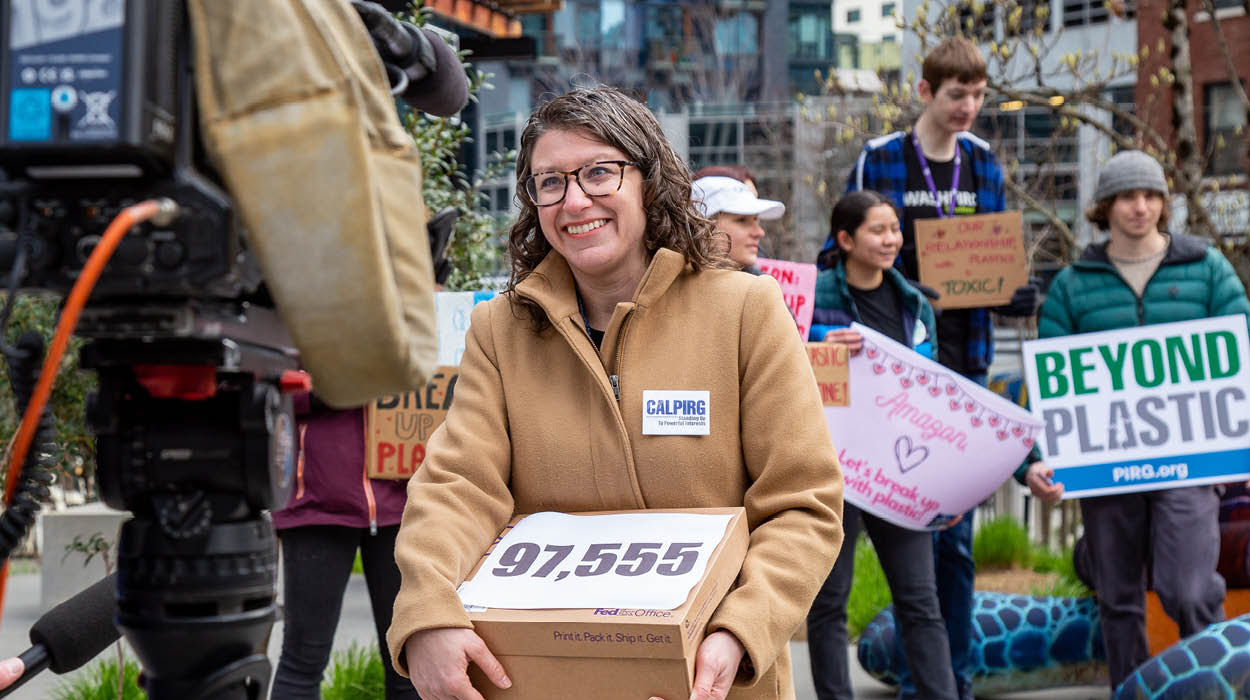 Plastic waste is littering our communities and piling up in landfills. Our
Plastic waste is littering our communities and piling up in landfills. Our 
 Too often, consumer products aren’t built to last and can’t be repaired. PIRG is working to make it easier for consumers to fix everything from household electronics to large-scale agricultural equipment. This year, Right to Repair Campaign Director Nathan Proctor and CoPIRG’s Danny Katz were instrumental in the passage of Colorado’s farm equipment Right to Repair bill. We won big victories in
Too often, consumer products aren’t built to last and can’t be repaired. PIRG is working to make it easier for consumers to fix everything from household electronics to large-scale agricultural equipment. This year, Right to Repair Campaign Director Nathan Proctor and CoPIRG’s Danny Katz were instrumental in the passage of Colorado’s farm equipment Right to Repair bill. We won big victories in 